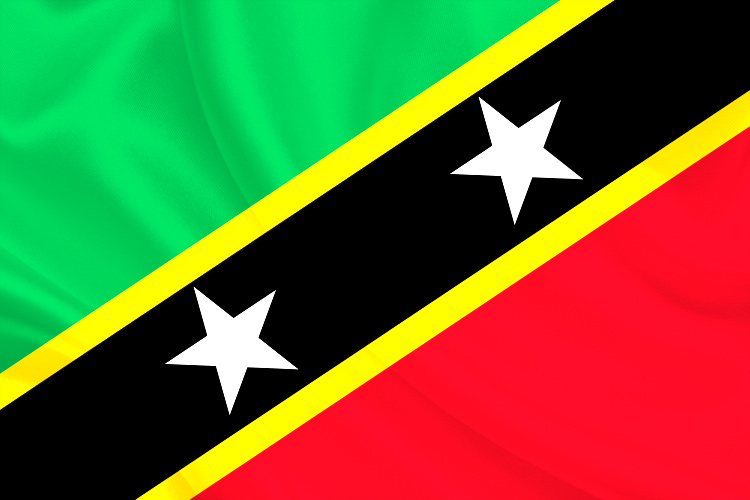Basseterre, St. Kitts, October 17, 2017 (SKNIS): St. Kitts and Nevis continues to expand its diplomatic footprint by engaging other countries around the world and forging new relations in an effort to advance a common agenda on the global stage, as well as to deepen its understanding of the diverse people and cultures worldwide.
Since 2015, St. Kitts and Nevis entered into formal diplomatic relations with 21 countries, namely, Armenia, Belarus, Bolivia, Brunei, Croatia, Cyprus, Ethiopia, Kenya, Kosovo, Laos, Mauritius, Moldova, Mongolia, Qatar, Saudi Arabia, Senegal, the Dominican Republic, the Gambia, the Maldives, the Marshall Islands and Turkmenistan.
Earlier this year, the Honourable Mark Brantley, Minister of Foreign Affairs, said that as the smallest nation in the Western Hemisphere, and in a world that is increasingly hostile and difficult, it is his task to go out and make new friends and strengthen relationships with existing friends.
Equally important, a key part of deepening bilateral relations with allied countries is the Head of State’s acceptance of credentials that are presented by Heads of Missions who visit St. Kitts and Nevis to engage with the country’s leadership.
“The appointment of ambassadors is a very important diplomatic activity and it is good for us to receive and welcome these emissaries of their countries so that they can see what St. Kitts and Nevis is like,” said Kaye Bass, Permanent Secretary in the Ministry of Foreign Affairs. “Not only that, but it deepens our relations. When you see people face-to-face, when you have a face-to-face encounter, it makes a difference too if you have never visited the country… so we consider accreditation of Ambassadors a very important activity in the day-to-day [running] of the Ministry of Foreign Affairs.”
Ms. Bass said that an effort is always made to get as many Ambassadors as possible accredited for a number of reasons, adding that the Vienna Convention on Diplomatic Relations is the framework agreement which governs the appointment and accreditation of diplomatic agents from one country to another.
“Because even though we may not have diplomatic relations with a country, it doesn’t necessarily mean that that country will automatically learn about us,” she said. “So with the accreditation of an Ambassador in the region, in most cases, he or she can visit the country more frequently, see what we have to offer, see what our needs are and in turn relay those needs and information about our country to his or her capital.”
To date, the Ministry of Foreign Affairs has approximately 50 Heads of Missions around the world accredited to St. Kitts and Nevis. For the first time ever Kosovo, Guatemala, Panama, Indonesia, Qatar and the Czech Republic accredited Ambassadors to St. Kitts and Nevis. Out of those six countries, Guatemala, Panama, Indonesia and the Czech Republic have already presented credentials and the other two Ambassadors are expected to present later this year.
Source: CIU St Kitts and Nevis
-END-





